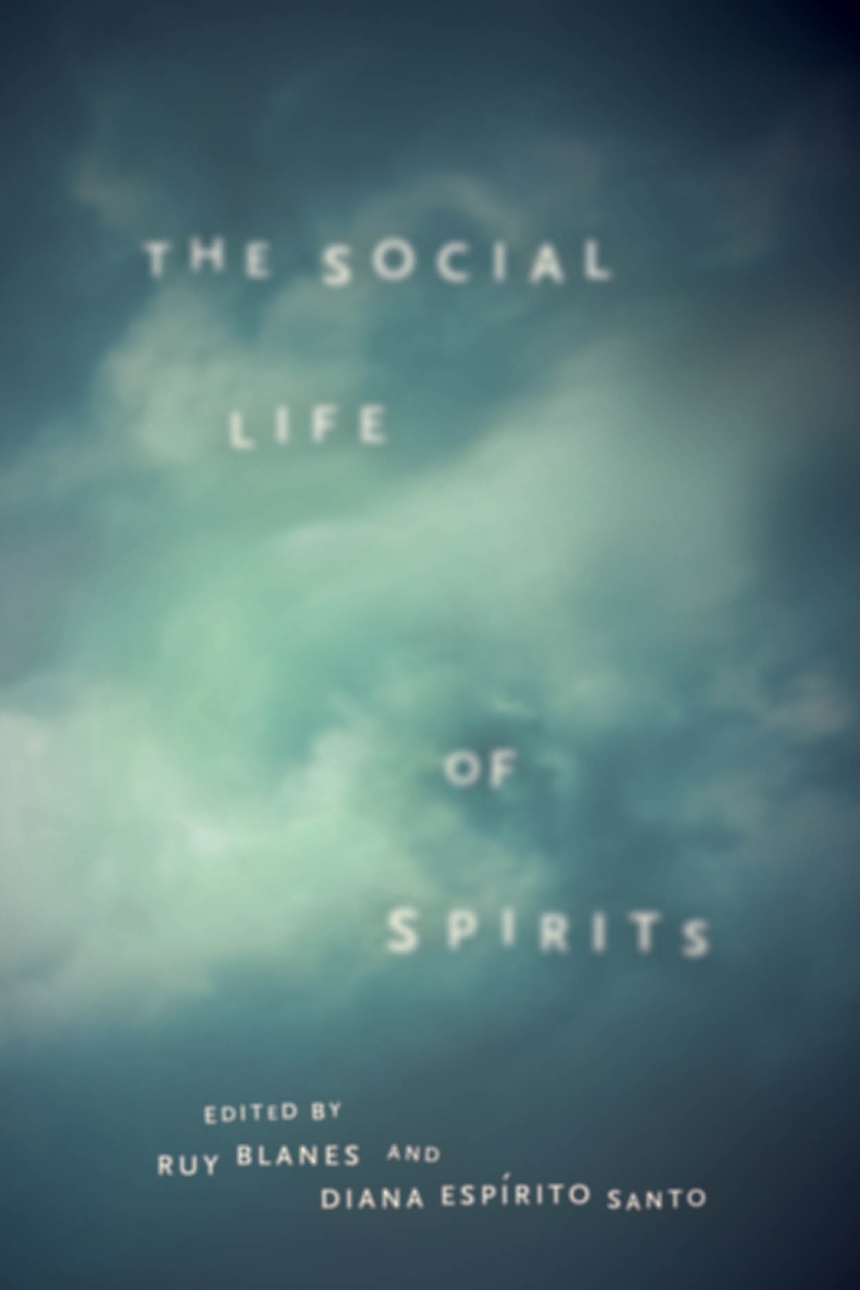The Social Life of Spirits
Spirits can be haunters, informants, possessors, and transformers of the living, but more than anything anthropologists have understood them as representations of something else—symbols that articulate facets of human experience in much the same way works of art do. The Social Life of Spirits challenges this notion. By stripping symbolism from the way we think about the spirit world, the contributors of this book uncover a livelier, more diverse environment of entities—with their own histories, motivations, and social interactions—providing a new understanding of spirits not as symbols, but as agents.
The contributors tour the spiritual globe—the globe of nonthings—in essays on topics ranging from the Holy Ghost in southern Africa to spirits of the “people of the streets” in Rio de Janeiro to dragons and magic in Britain. Avoiding a reliance on religion and belief systems to explain the significance of spirits, they reimagine spirits in a rich network of social trajectories, ultimately arguing for a new ontological ground upon which to examine the intangible world and its interactions with the tangible one.
The contributors tour the spiritual globe—the globe of nonthings—in essays on topics ranging from the Holy Ghost in southern Africa to spirits of the “people of the streets” in Rio de Janeiro to dragons and magic in Britain. Avoiding a reliance on religion and belief systems to explain the significance of spirits, they reimagine spirits in a rich network of social trajectories, ultimately arguing for a new ontological ground upon which to examine the intangible world and its interactions with the tangible one.
312 pages | 15 halftones | 6 x 9 | © 2013
Anthropology: Cultural and Social Anthropology
Religion: Religion and Society
Reviews
Table of Contents
Chapter 1. Introduction: On the Agency of Intangibles
Diana Espírito Santo and Ruy Blanes
Chapter 2. Intangible Motion: Notes on the Morphology and Mobility of the Holy Spirit
Thomas G. Kirsch
Chapter 3. What the Invisible Looks Like: Ghosts, Perceptual Faith, and Mongolian Regimes of Communication
Grégory Delaplace
Chapter 4. The Materiality of “Spiritual Presences” and the Notion of Person in an Amerindian Society
Florencia C. Tola
Chapter 5. Spirits and Stories in the Crossroads
Vânia Zikàn Cardoso
Chapter 6. Enchanted Entities and Disenchanted Lives along the Amazon Rivers, Brazil
Mark Harris
Chapter 7. Spirit Materialities in Cuban Folk Religion: Realms of Imaginative Possibility
Kristina Wirtz
Chapter 8. João da Mata Family: Pajé Dreams, Chants, and Social Life
Ana Stela de Almeida Cunha
Chapter 9. Amerindian and Priest: An Entity in Brazilian Umbanda
Emerson Giumbelli
Chapter 10. Toward an Epistemology of Imaginal Alterity: Fieldwork with the Dragon
Susan Greenwood
Chapter 11. Historicist Knowledge and Its Conditions of Impossibility
Stephan Palmié
Notes
References
Contributors
Index